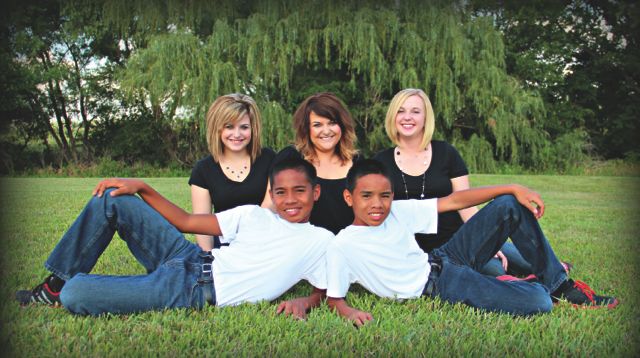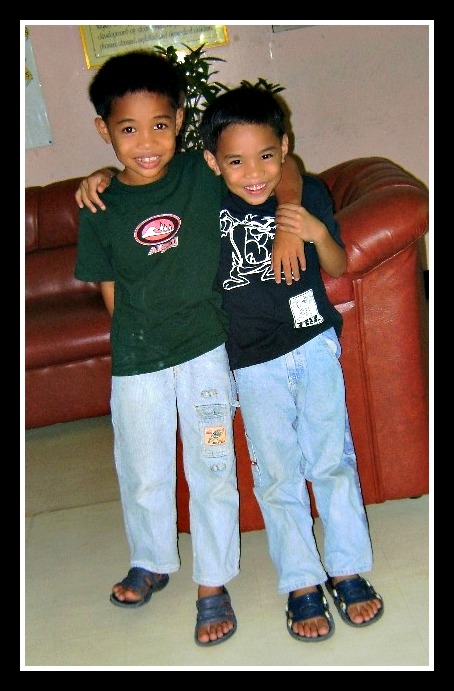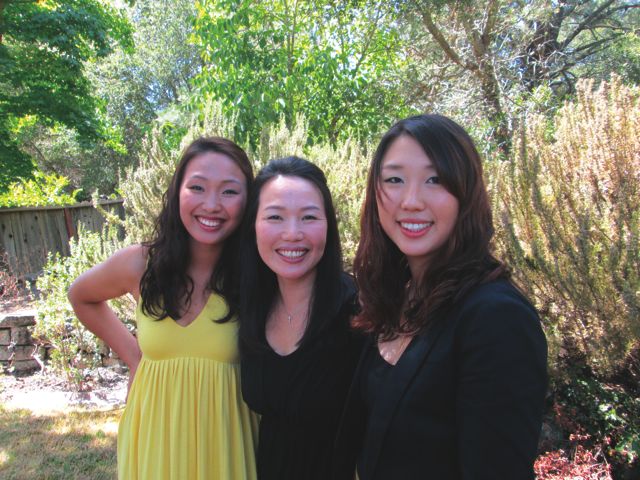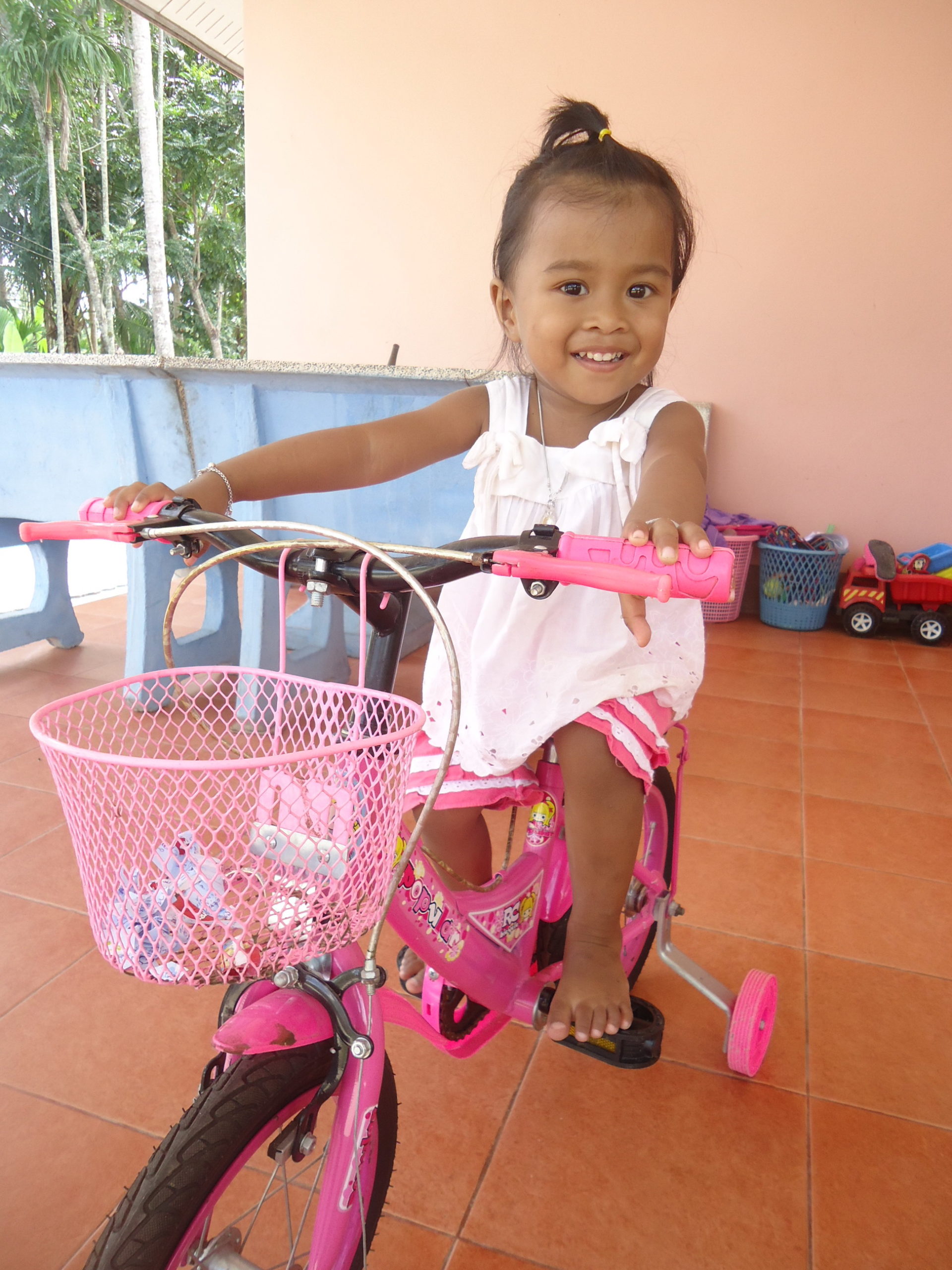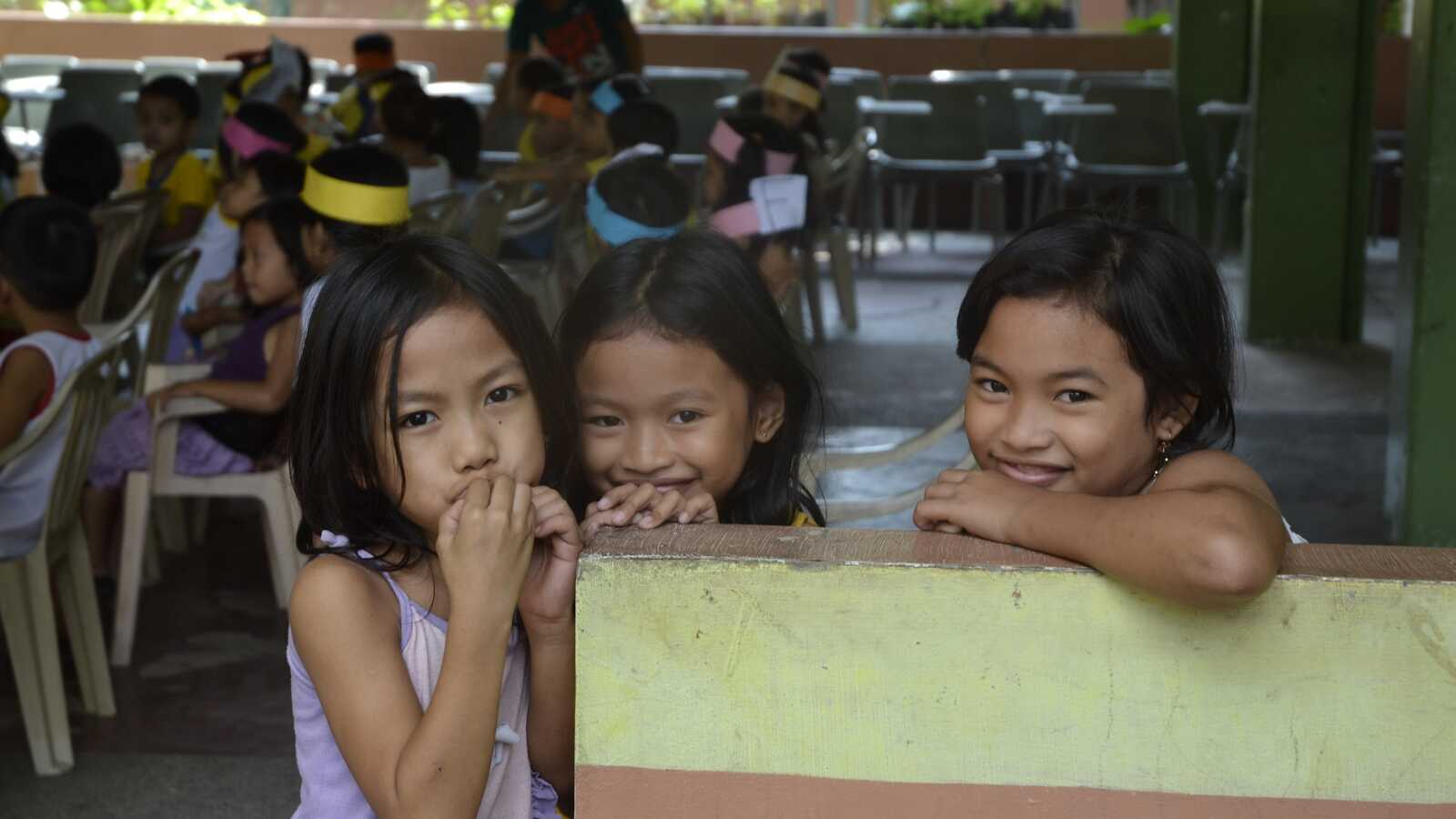Older brothers Lucas and Eli faced many challenges coming home — from learning a new language, to blending with their new siblings, to finding their individual places within their new family. But no matter the difficulties, they soon discover that in this family, they will forever belong.
In November 2009, we brought our sons home from the Philippines. At the time, Lucas and Eli were 8 and 9 years old and had spent five years in an orphanage. Their adoptions were considered unique in that they are biological siblings and were older at the time of their adoption. Our family make-up was also somewhat different for a newly adopting family. At the time we adopted, we had been married for 30 years and had daughters who were 24, 19 and 16 years old.
Starting into the process of bringing Lucas and Eli home, we quickly foresaw that we’d need to be on a steep learning curve in relation to a multitude of issues that we’d never experienced or heard about.
We learned that the boys did not speak English but spoke a combination of Tagalog, Visayan and Chavacano. We were told that because of the mix of the three languages, people in the Philippines had difficulty understanding their unique dialect. Clearly, we had a communication obstacle to overcome. This was partly met when the boys were transferred from their orphanage on the island of Mindanao to foster care in Manila, where they stayed while waiting to join our family. The boys spent four months in Manila, where they attended a school that utilized both Tagalog and English. While they began learning basic English, we learned some basic words and phrases in Tagalog. Once we arrived in Manila and for three months after arriving home, we used a combination of English, Tagalog and sign language to communicate.
We mistakenly assumed that Lucas and Eli would retain their native language because they would be able to speak with one another.
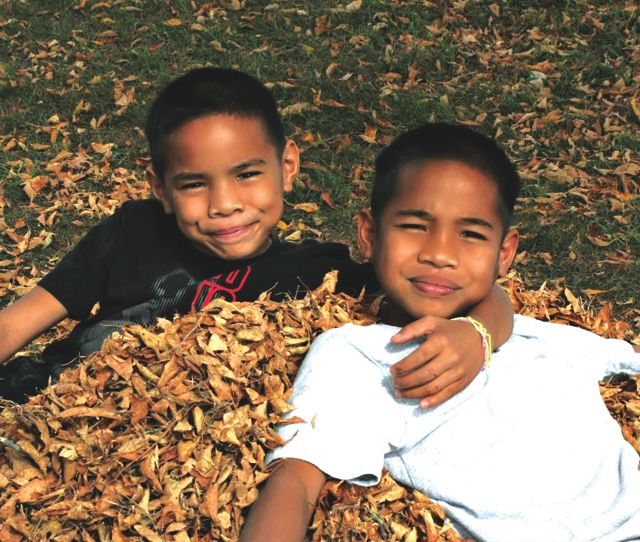
This was not their experience. Within six weeks of arriving home, they were communicating primarily in English and sign language. When consulting a professional in English Language Learning, we found out that this was normal. Inundated with a new language, the boys were building pathways within their brains to accommodate English — leaving their native languages unused and, eventually, lost. Listening to them speak while playing gave us great insight into how they were making accommodations to their new environment. They would play in English, and when they weren’t able to come up with the correct word, they would ask the other for the word using Tagalog. Eventually, the Tagalog phased out completely. There was a period of time we called “the silent period,” in which they no longer used Tagalog, but had not yet developed enough English to fill the gap. This period lasted about two weeks.
While working to communicate with Lucas and Eli, we also faced the challenge of blending our family into a new definition. Our three daughters had three varying concerns. Alison, then 24, was concerned about the new dynamics within our family. While my husband and I read adoption books and attended seminars, we couldn’t locate available information to aid the siblings on the home front.* Now at age 27, Alison is her brothers’ biggest supporter, but will also attest to the need for more up-front information on adoption dynamics for the sibling group, both new and established. Added stress, financial strain and potential behaviors that could impact the family were but a few of her areas of concern.
Rachel was then 19 and an out-of-state college freshman whose top concern was how she would establish a sibling relationship with Lucas and Eli while not living close to home. She put in a lot of extra time driving home on long weekends, as well as calling and using Skype to help all three of them connect. Currently, Rachel is student teaching and living at home. She now gets to experience her rambunctious teenage brothers on a daily basis.
Sydney, then 16, was our daughter most directly affected by the arrival of two new brothers. She traveled to Manila when we went to bring the boys home and is the only sister to have a glimpse of their birth country and culture. Living through the daily struggles with them has afforded her a deeper understanding of her brothers. She observed their struggles with homework, their frustrations with English, and the physical exhaustion that came with being absorbed into a previously unknown environment and family. During the first year after arriving home, Lucas and Eli would often approach Sydney for answers to many issues, giving her further insight into their concerns. They would often take their social cues from Sydney. Even at the age of 20 and in college, Sydney is frequently checked on and consulted by her brothers.
We knew going into the adoption that Lucas and Eli were a solid unit and very dependent on one another for their daily needs. Lucas was a people pleaser who would ingratiate himself with adults to receive favorable treatment. Eli was not. He was described as independent, uncooperative and difficult. How this would play a part in building relationships would not come to be known until we were home for several months.
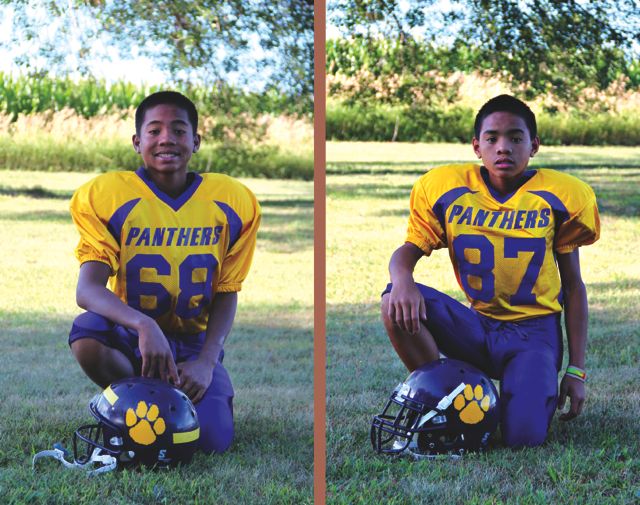
After the initial honeymoon period, it became apparent that for each boy to understand his need to become an individual, it would take a concerted effort on our part to separate them with activities. This has allowed them to develop appropriate social skills and find their individual places in our family, without resorting to institutional coping methods or relying solely on one another for their needs. Separate classrooms, sports teams and circles of friends have helped the boys develop their individual identities. Ultimately, they discovered that they did not have to enjoy the same things and have begun exploring their own interests independent of one another. In the process, Lucas discovered that we were his family even when he wasn’t working overtime to be compliant. Eli learned not to shut down and turn away when he would misstep and have consequences. He, too, had to learn his family would be there even when things weren’t always pleasant.
There have been many challenges and triumphs these past four years. Lucas and Eli attend public school and have loved the interaction with peers from the first day they walked through the doors, two weeks after coming home. Interacting with peers and participating in sports has helped them progress in learning language and social skills at a much faster rate than we had initially anticipated. Our entire family has grown in ways that we would never have imagined. I asked Alison for her input for this article. “Mom,” she said, “Honestly, I can’t imagine our lives without the boys.”
When you ask Lucas what adoption means to him, he maintains the same response he had the first time we raised the subject. “It means I have a family and they have me,” he says “I belong forever.” Eli grins and responds, “It means you get to be my parents. You’re lucky!” Did I mention he’s quite the comedian?
Mike and Lori Pickle | Logan, Iowa
